|
|
|
Editor's note
|
|
Nau mai haere mai - welcome to this week’s newsletter.
From Thursday, we’ll all be able to leave our bubbles - and I’m probably not the only one to feel a mix of relief and trepidation. We may have brought the spread of COVID-19 under control in New Zealand, but the pandemic’s economic impact is far from over. This week marks the beginning of the recovery phase, and Norman Gemmell, a public finance expert at Te Herenga Waka — Victoria University of Wellington, writes that despite huge economic uncertainties, it’s good timing for the budget. As the economy begins to emerge from enforced hibernation, he says the budget should redirect spending towards immediate support for those businesses and households
that will suffer most as a recession hits New Zealand.
Massey University historian Michael Belgrave argues the 2020 budget will be one of New Zealand’s most significant and define this government in ways that are critical for the country’s future. He looks back at the budgets of 1938 and 1991 - equally pivotal events that have changed the way we live.
But perhaps not everything should return to how things were before the pandemic. Massey University leadership expert Sarah Leberman and her colleagues explore women’s sports and the gains in commercial support and visibility they have made recently. They argue that now is the time for a reset to ensure equity in sports and active recreation for girls and women.
We also look back at the lockdown to shed some light on the discussion about its legality and to ask why alcohol continued to be sold, even though we know that it can make coronavirus symptoms more severe.
You’ll find much more in this newsletter and on the New Zealand page - thank you for reading and all the best for your transition to our new normal. Take care and continue to look out for each other. Noho ora mai.
|
Veronika Meduna
New Zealand Editor: Science, Health + Environment
|

|
|
Top stories
|

www.shutterstock.com
Norman Gemmell, Te Herenga Waka — Victoria University of Wellington
New Zealand's 2020 "pandemic budget" should shift spending priorities towards a flexible and targeted approach to economic recovery.
|
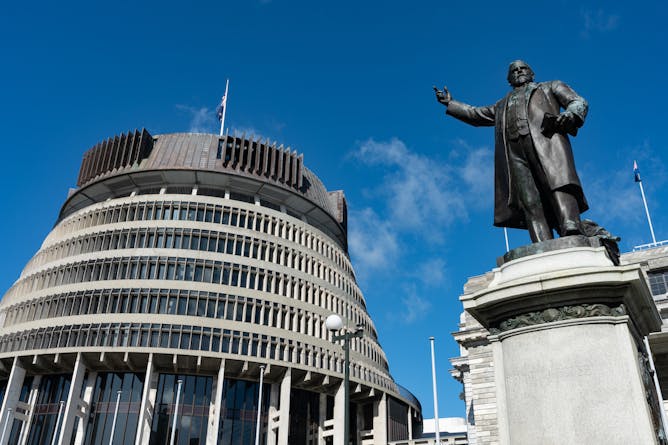
www.shutterstock.com
Michael Belgrave, Massey University
New Zealand's 2020 budget must not only provide economic hope, it must balance the very different ideologies and aspirations of two earlier historic budgets.
|

AAP/Craig Golding
Sarah Leberman, Massey University; Nicole LaVoi, University of Minnesota; Sally Shaw, University of Otago
Sports have been out of action during the coronavirus lockdown, but the recovery period is a chance to redefine sporting success beyond winning and profit margins.
|

Shutterstock
James Renwick, Te Herenga Waka — Victoria University of Wellington
Earth's has gone through major climate changes in the past. They happened on time scales of millions of years and triggered mass extinctions. Our emissions are changing the climate much faster.
|

Shutterstock
Kylie Quinn, RMIT University; Joanna Kirman, University of Otago; Katie Louise Flanagan, University of Tasmania; Magdalena Plebanski, RMIT University
A vaccine historically used to prevent tuberculosis is now among the contenders for a COVID-19 vaccine. So what is the BCG vaccine and why might it work against coronavirus?
|
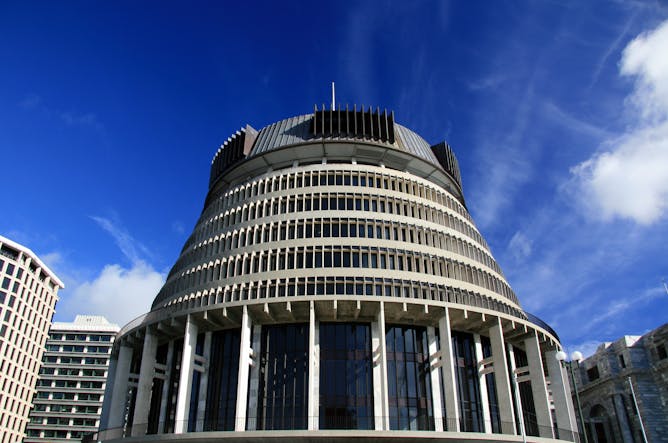
www.shutterstock.com
Ilan Noy, Te Herenga Waka — Victoria University of Wellington
Previous shocks show that smart spending and building public confidence are crucial to the speed and shape of economic recovery.
|
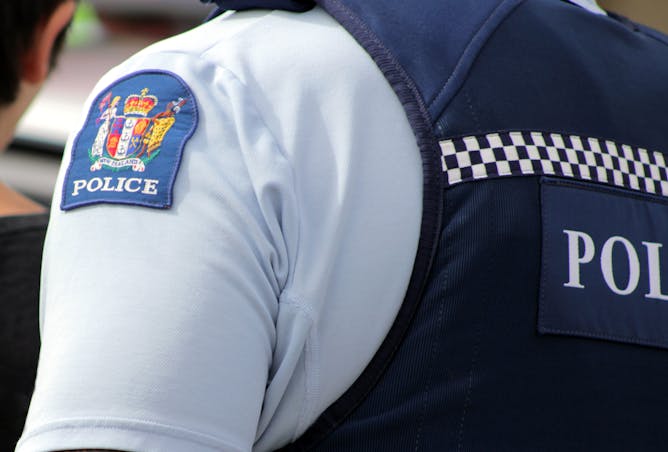
www.shutterstock.com
Kris Gledhill, Auckland University of Technology
Legal challenges to New Zealand's strict early lockdown rules will test how far a government can go in a public health emergency.
|
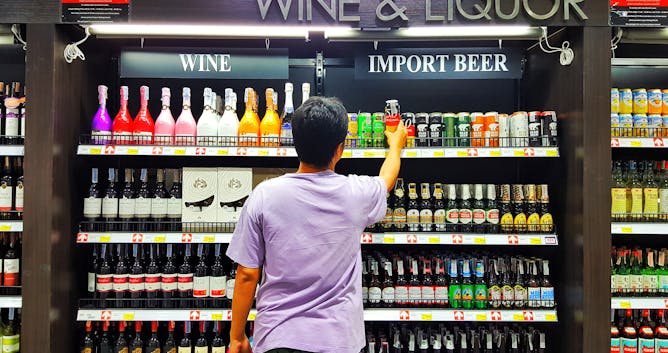
Shutterstock
Sally Casswell, Massey University
Despite World Health Organisation warnings that heavy alcohol consumption increases the risk of severe complications of COVID-19, alcohol was sold as an essential item during New Zealand's lockdown.
|
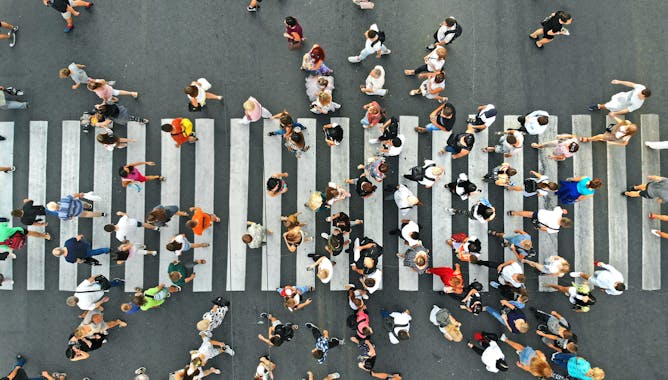
Shutterstock
Adrian Esterman, University of South Australia
Australia and New Zealand have well and truly 'flattened the curve', and there is now a real chance we could eliminate coronavirus in both countries. But what does elimination actually mean?
|
From our international sections
|
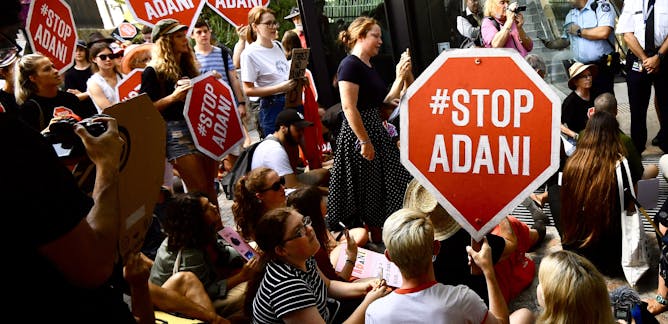
Matthew Currell, RMIT University; Adrian Werner, Flinders University; Chris McGrath, The University of Queensland; Dylan Irvine, Flinders University
New research reveals how governments ignored decades' worth of scientific advice on how the Adani mine threatened to damage precious water supplies.
| |

Frank Larkins, University of Melbourne; Kylie Walker, Australian National University
Australia’s research workforce will be severely impacted by the pandemic, with the effects likely to be felt for years, if not decades.
|

Erica Millar, La Trobe University
Abortions are expensive and, for many women, difficult to access. These challenges are only heightened during the coronavirus pandemic.
| |
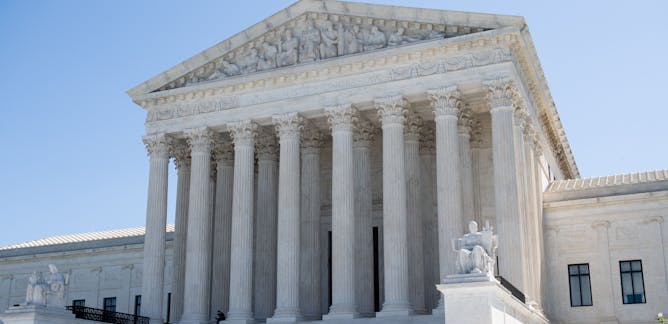
Stanley M. Brand, Pennsylvania State University
Three cases just argued in the Supreme Court have the potential to redefine the power of Congress to hold the president accountable.
|
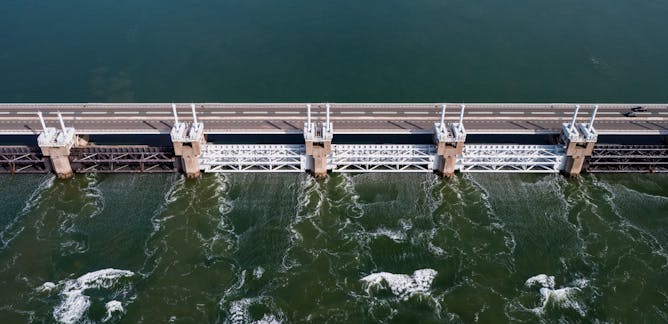
Hannah Cloke, University of Reading
A new study suggests raising dykes along a third of Europe's coastline, but there are more cost-effective options.
| |

Karen Jackson, University of Westminster; Oleksandr Shepotylo, Aston University
Like a lot of relationships at the moment, this one is being negotiated over video.
|

Nurhastuty K. Wardhani, Trisakti University
A large part of the debt the Indonesian government is taking on to fight the COVID-19 pandemic is as a 50-year loan in US dollars. That could create a big problem in coming decades.
| |
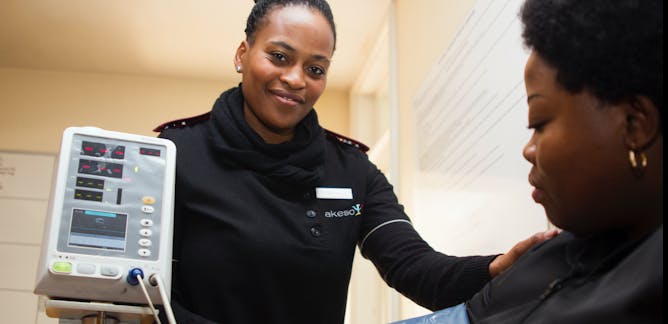
Keisha Jefferies, Dalhousie University
Anti-Blackness lingers in nursing and continues to limit access for Black folks, especially within nursing schools.
|
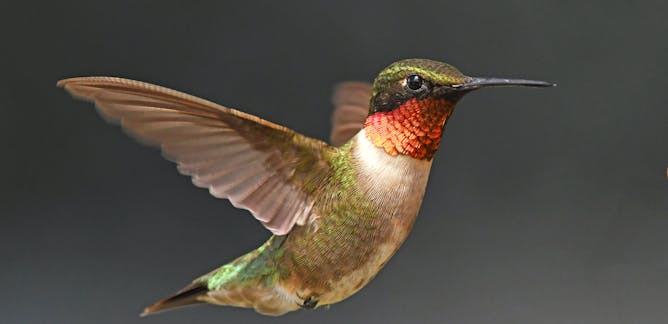
Ilias Berberi, Carleton University
Studying bird evolution has led to engineering innovations, including drones that can fly sideways and backwards, and silent wind turbines.
| |
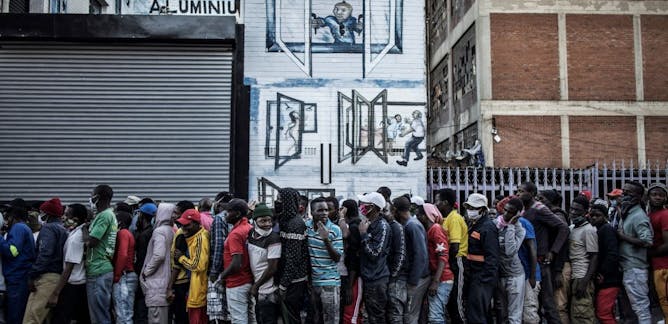
Julia de Kadt, Gauteng City-Region Observatory
The social impacts of the coronavirus will leave a legacy long after the virus itself.
|
|
|
| |
| |
| |
| |
| |
| |
|
|
|
|
|
|
|